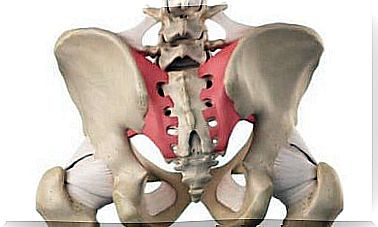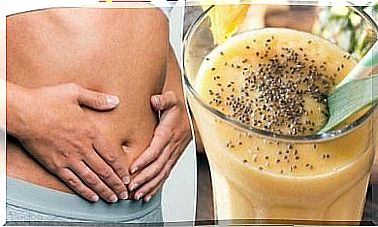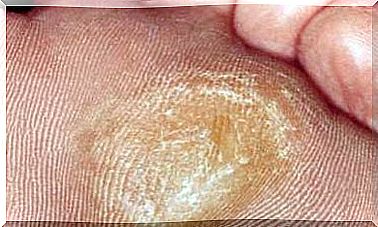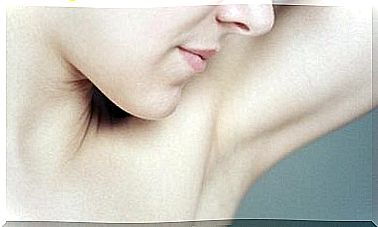Hypothyroidism – A Treatment With Seaweed
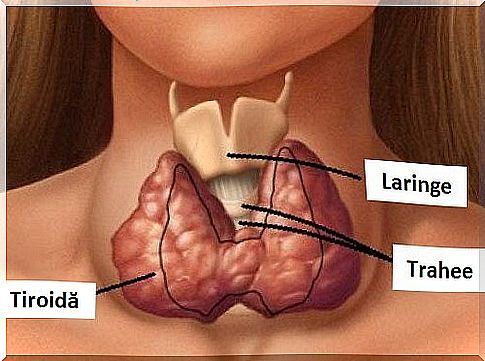
In this article we will explain how you can treat hypothyroidism with a treatment with seaweed, food rich in iodine and other minerals. Moreover, we will present you some suggestions to include these plants in your daily diet.
Hypothyroidism usually affects women over the age of 50, but this disease can be triggered immediately after birth. The symptoms caused by hypothyroidism affect the quality of life, as well as the physical appearance of the patient.
What is hypothyroidism?
Hypothyroidism is a disease that affects about 3% of the population. Those who suffer from hypothyroidism have low levels of thyroid hormones in their blood plasma. The most common symptoms of this disease are:
- Fatigue and exhaustion
- Muscle weakness
- Feeling cold
- Sudden weight gain or loss, apparently without cause
- Depression
- Double chin (for weak people)
- Hair loss
- A pale or yellowish face
- Water retention
- A very dry complexion
- Lack of hair at the outer ends of the eyebrows
What are the causes of hypothyroidism?
Hypothyroidism can be caused by the following factors:
- Different types of thyroiditis
- Congenital malformation
- Radiotherapy to the neck
- Antithyroid medication
- Lithium treatment
- Chronic iodine deficiency
What are seaweeds?
Despite their incredible medicinal properties and the fact that they are a very versatile food, seaweed is still relatively unpopular in Western kitchens.
Most people who do not cook with seaweed admit that the main reason is that they do not know how to use this ingredient. However, seaweed can be easily included in many recipes and can give a special taste to many common dishes.
Thanks to Japanese cuisine, the popularity of seaweed began to grow outside the Far East. In addition, various vegetarian and macrobiotic diets include this food because it is rich in minerals — including iodine, an element whose blood level is low in people with hypothyroidism.
Before applying the advice we are going to present to you, we must warn you that the seaweed you consume must always be ecological and free of any toxic substances.
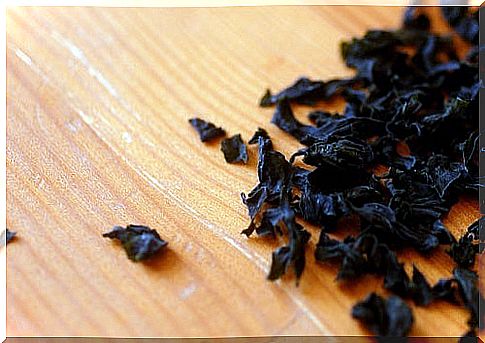
How can we fight hypothyroidism with seaweed?
Each variety of seaweed has certain unique characteristics, which is why we must follow special instructions every time we decide to cook them.
The delicate varieties are ready to cook after soaking for a few minutes. Instead, thicker and more resistant varieties should be cooked for 30-40 minutes. Here are some pointers:
- Clouds: The thin leaves of this seaweed variety are used in the preparation of sushi. Simply moisten them and then use them to wrap the rice or any other filling you choose.
- Kombu: Included in a vegetable stew, this seaweed will soften very easily. A piece of kombu is enough to improve your digestion.
- Wakame: When you want to make a vegetable cream, do not hesitate to include a little wakame in the mixture. This seaweed will make the texture of the dish more creamy and can be used as a substitute for potatoes or cheese.
- Sea spaghetti: An ideal ingredient if you feel like pasta or boiled rice.
- Dulse: This seaweed almost doesn’t need to be boiled. You can use it to cook a variety of quick dishes, including soups, sauces, vinaigrettes or salads.
On the other hand, there are two varieties of seaweed that we recommend only in the form of a food supplement:
- Spirulina
- Fucus
Do not take any food supplements without a doctor’s advice.

Seaweed salt and hypothyroidism
Another option to include this food in your daily diet is to eat salt prepared from seaweed, which will give a really special taste to your dishes.
- To prepare this salt, grind a little sea salt and any kind of seaweed you want. Mix these two ingredients well and put the salt obtained in a glass container with a tight lid. You can also include in the recipe various herbs.
- Seaweed salt can also act as a preservative.
No matter what you cook (a soup, a stew, etc.), you can use this spice just like you would use regular salt. We advise you to prepare this salt with kelp seaweed, which has a significant iodine content and is often used in the manufacture of salt sold in health food stores.
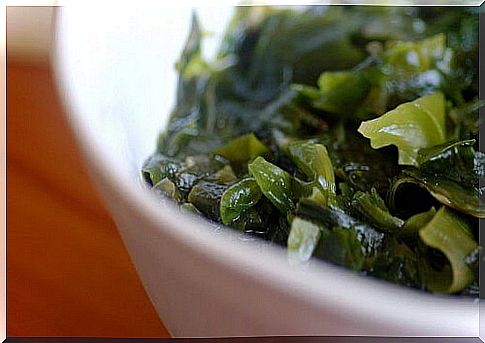
Foods to avoid if you suffer from hypothyroidism
To treat hypothyroidism it is not enough to include seaweed in your daily diet. You should also avoid certain foods that, although they can be eaten without any problem by healthy people, are harmful to those suffering from hypothyroidism because they inhibit the absorption of iodine. Here are these:
- Cruciferous vegetables (cabbage, Brussels sprouts, cauliflower and broccoli)
- Spinach
- soy
- Peaches
- Beans
- Lime
Moreover, any type of processed or refined food can harm your health. Also avoid tap water and opt for spring or mineral water.
Photo source: Jacqueline and Michel Kappel.
